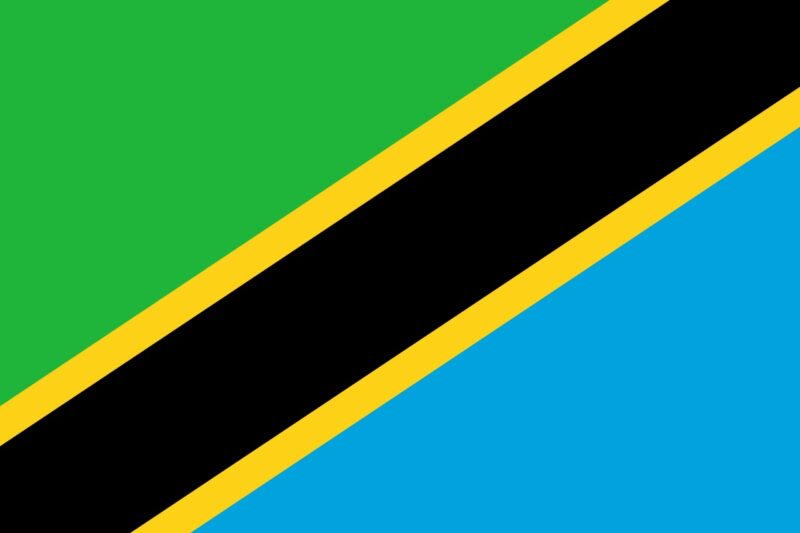・In December, heavy rainfall across Tanzania often leads to flooded roads and collapsed bridges, increasing traffic accidents caused by reckless drivers trying to navigate detours. Additionally, overflowing rainwater is unsanitary, so exercise caution. Puddles from the rain may also lead to mosquito breeding; take necessary precautions to avoid mosquito bites.
To all residents and visitors in Tanzania:
In Tanzania, the short rainy season begins in December. While it is not as severe as the long rainy season in April, reports of flooding and landslides are common, particularly in the eastern and northern regions.
In Dar es Salaam, the capital, heavy rains often result in road flooding, creating unseen potholes beneath puddles. Vehicles can get stuck, leading to damage such as broken tires, wheels, or suspensions. Accidents involving vehicles attempting risky overtakes are also reported. Please exercise extreme caution when driving.
Heavy rains also pose significant sanitation challenges. Outside of major urban areas, Tanzania lacks a comprehensive sewage system. According to DAWASA (the Dar es Salaam Water and Sewerage Authority), only 10% of the population has access to sewage facilities, and collected waste is reportedly treated and discharged into the ocean. However, most houses and apartments use on-site infiltration systems.
As a result, heavy rains often overwhelm drainage systems, causing wastewater to backflow from residential sewage facilities and mix with rainwater, forming contaminated puddles.
Additionally, many homes rely on water storage tanks placed at lower levels, which pump water to elevated black plastic tanks. When storage tanks are poorly positioned, rainwater or wastewater may contaminate the supply, leading to degraded water quality. Similar challenges apply to swimming pools in apartments or hotels, complicating water quality management.
Contaminated water can increase the risk of infections such as cholera, typhoid, and hepatitis A. Please take necessary precautions.
The rainy season also promotes mosquito breeding due to stagnant water, raising the risk of mosquito-borne diseases such as malaria, dengue fever, and yellow fever. Ensure you take sufficient measures to protect yourself from mosquito bites.





Comment